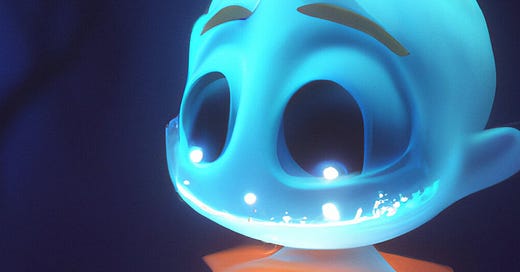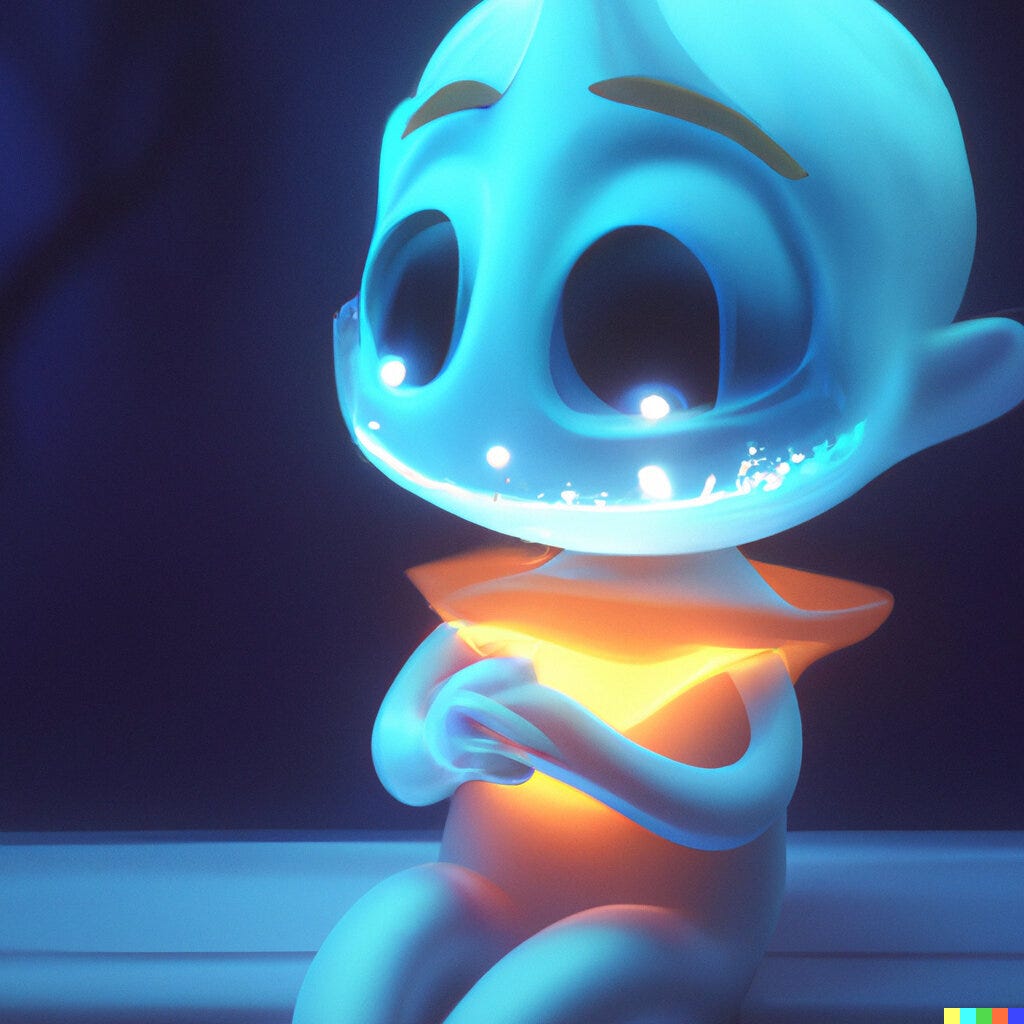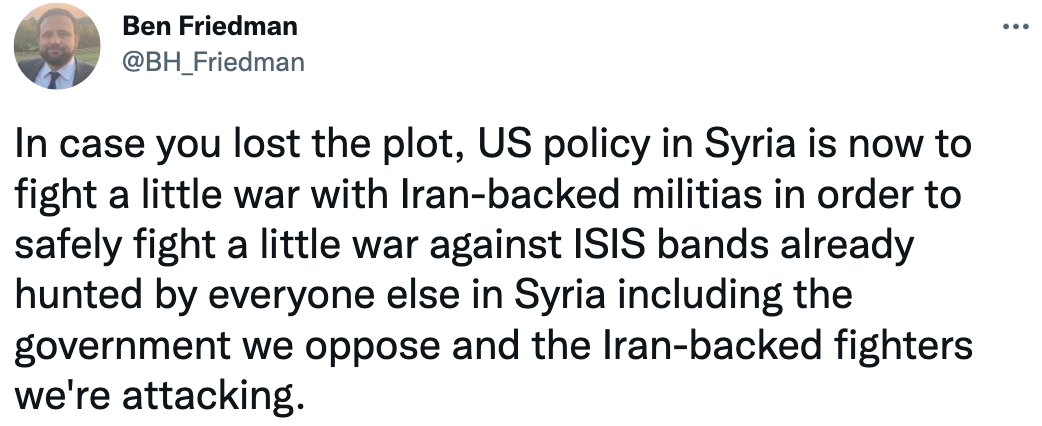Earthling: The AI revolution is here
Plus: NASA photos fake!; Did the West create Putin?; tweet of the week; and more!
Note: The hard-working earthlings at the Earthling will be taking Labor Day weekend off. So the next Earthling will show up Sept. 9. But there will be non-Earthling NZN content in the meanwhile.
In the New York Times, tech reporter Kevin Roose declares that it’s time to reckon with the awesome power of artificial intelligence:
The best AI systems are now so capable—and improving at such fast rates—that the conversation in Silicon Valley is starting to shift. Fewer experts are confidently predicting that we have years or even decades to prepare for a wave of world-changing AI; many now believe that major changes are right around the corner, for better or worse.
Roose cites as harbingers several recent high-profile AI unveilings. There’s OpenAI’s DALL-E 2, which creates images in response to written prompts. (The prompt “infinite joy” led to the image below.) Also from OpenAI, there’s GPT-3, which is “being used to write screenplays, compose marketing emails, and develop video games.”
And the scientific breakthrough of the year, according to the journal Science, is work done by AlphaFold, an AI created by Google’s DeepMind. AlphaFold, Roose writes, has “essentially solved” the long-perplexing “protein-folding problem,” thus creating “a treasure trove of data that will help medical researchers develop new drugs and vaccines for years to come.”
And then there are the downsides, like the prospect of massive unemployment as tons of white collar jobs vanish. And will AI-created art bring “hyper-realistic deepfakes or even nonconsensual pornography”? Will we “struggle to figure out which of our conversational partners are human and which are convincing bots”?
Among the recent AI developments that didn’t make it into Roose’s piece is this news from the Washington Post: A robot made by Google can handle requests that call for a fair amount of practical judgment. In a demonstration this month, after a researcher said, "I'm hungry, can you get me a snack?" the robot searched through a cafeteria, opened a drawer, found a bag of chips, and delivered it.
Which sounds great—but a robot executing open-ended commands also brings to mind one famous AI nightmare scenario. In the “paperclip maximizer” thought experiment by the philosopher Nick Bostrom, an AI instructed to produce as many paperclips as possible winds up converting "first all of Earth and then increasing portions of space into paperclip manufacturing facilities."
It is perhaps ominous, then, that one of Google’s new robots, when told to build a hamburger, delivered the following result as described by the Washington Post: It “knew enough to add ketchup after the meat and before the lettuce, but thought the right way to do so was to put the entire bottle inside the burger.”
The US carried out airstrikes in eastern Syria against Iran-backed fighters. You may be wondering, “Wait, why are US forces in eastern Syria?” Well, our tweet of the week has you covered:
In China, a record-breaking drought has dried up parts of the Yangtze River (the longest river in Asia and third-longest in the world), severely impacting people who depend on it.
Some 400 million Chinese get their drinking water from the Yangtze. And the river’s reduced flow has set off an energy crisis in Sichuan province, which gets 80 percent of its energy from hydropower. Last week Sichuan restricted the supply of electricity to thousands of factories, forcing Toyota, Foxconn, and Tesla, among other companies, to suspend local operations.
Chinese authorities have blamed the drought on climate change and are urging citizens to prepare for more frequent extreme weather events. But the current crisis is compromising China’s climate change commitments; last week the government announced it would ramp up coal production to meet energy needs.
Was the invasion of Ukraine a natural expression of Vladimir Putin’s character and world view, something that had been likely ever since he assumed Russia’s leadership 22 years ago? Or was it the product of personal and political evolution—perhaps an evolution unwittingly encouraged by the West? Or what? Putin, a new biography of the Russian president by the journalist Philip Short, has something to say about that.
Anatol Lieven, reviewing the book in Responsible Statecraft, says it depicts Putin as a leader who was once fairly open minded, amenable to input from liberal thinkers, but who has become increasingly autocratic and dependent on a small circle of illiberal advisers. Short’s book, writes Lieven, emphasizes that “the changes in Putin’s ideology did not take place in a vacuum, and reflected (as well as shaped) much wider changes in Russian attitudes.” In particular, Lieven continues:
The repeated willful disregard for Russian views and Russian interests displayed by western governments not only helped to produce a catastrophic backlash in Russian foreign policy but also contributed greatly to the growth of illiberalism at home.
For example:









